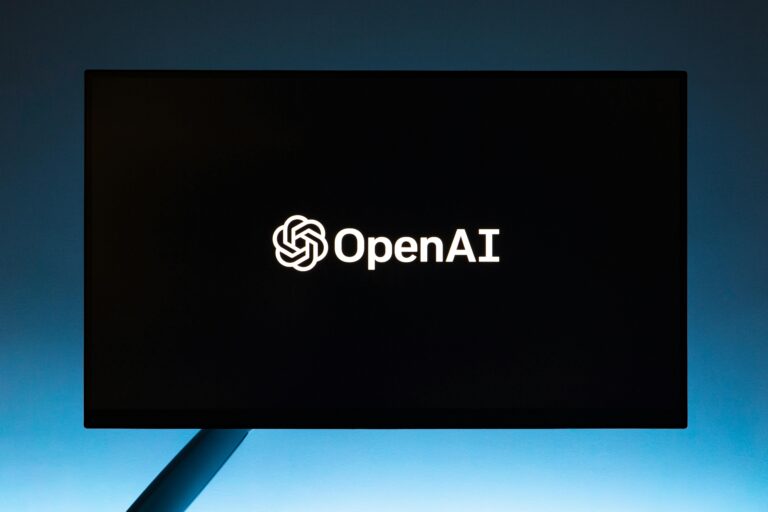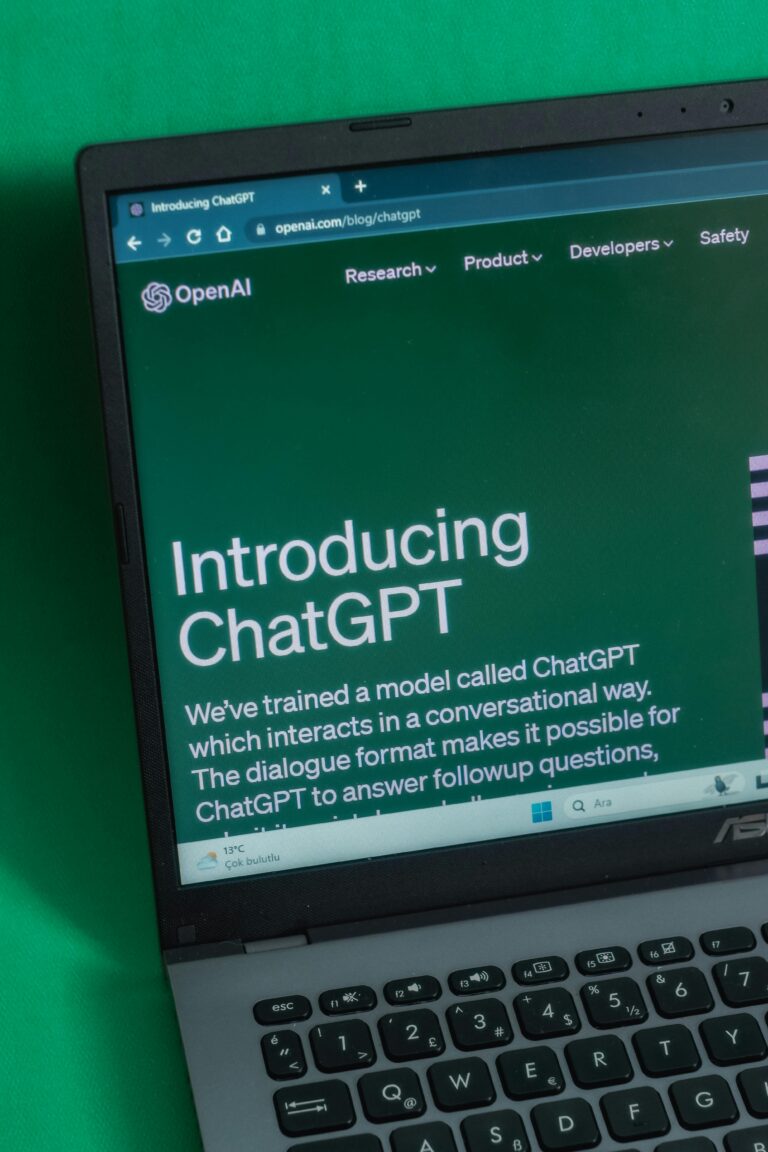AI-Powered Mobile-First SEO Strategies for Dubai E-commerce: Dominating UAE’s Digital Marketplace in 2025
Dubai’s e-commerce landscape is experiencing a seismic shift. While businesses pour millions into traditional desktop-focused SEO strategies, 89% of UAE consumers now complete their entire shopping journey on mobile devices. The winners in 2025 won’t be those with the biggest budgets, but those who master the convergence of artificial intelligence, mobile-first optimization, and local market intelligence. This isn’t just about responsive design anymore—it’s about creating AI-powered experiences that anticipate customer needs, dominate voice search results, and leverage Dubai’s unique digital ecosystem. The stakes are higher than ever, with mobile commerce projected to reach AED 12.8 billion in the UAE by 2025, yet most businesses remain trapped in outdated optimization approaches.
The mobile revolution reshaping Dubai’s digital commerce
The numbers tell a compelling story about Dubai’s digital transformation. Recent data from the Dubai Statistics Center reveals that mobile commerce now accounts for 73% of all online transactions in the emirate, up from just 42% in 2022. This dramatic shift represents more than changing consumer preferences—it signals a fundamental restructuring of how business gets done in the region.

This Photo was taken by cottonbro studio.
What makes this transformation particularly striking is its speed and scope. Unlike gradual market evolutions we’ve seen elsewhere, Dubai’s mobile-first adoption has been accelerated by several unique factors: a tech-savvy population with 99% smartphone penetration, government initiatives promoting digital commerce, and the influx of digitally native expatriate communities.
The implications for e-commerce businesses are profound. Traditional SEO strategies built around desktop experiences are not just becoming less effective—they’re actively hampering mobile performance. Google’s mobile-first indexing means your mobile site isn’t just important; it’s the primary version Google uses to determine your rankings across all devices.
| Device Type | 2022 Usage | 2024 Usage | Projected 2025 |
|---|---|---|---|
| Mobile | 42% | 73% | 81% |
| Desktop | 51% | 22% | 16% |
| Tablet | 7% | 5% | 3% |
This shift demands a complete rethinking of optimization strategies. Success in Dubai’s mobile-first landscape requires understanding not just what your customers are searching for, but how they’re searching, when they’re searching, and most importantly, what they expect to happen next.
AI-powered mobile optimization fundamentals
Artificial intelligence has transformed mobile SEO from a reactive discipline into a predictive science. Modern AI tools can analyze user behavior patterns, predict search intent, and automatically optimize content for mobile experiences in real-time. This represents a quantum leap beyond traditional optimization methods.
The foundation of AI-powered mobile optimization rests on three core pillars: intelligent content adaptation, predictive user experience optimization, and automated technical performance enhancement. Each pillar leverages machine learning algorithms to deliver personalized experiences that traditional methods simply cannot match.
Intelligent content adaptation
AI-driven content systems analyze user behavior patterns to automatically adjust content presentation for mobile devices. This goes far beyond simple responsive design. Modern AI can determine optimal content length, adjust vocabulary complexity based on user intent, and even modify information hierarchy based on real-time engagement metrics.
For Dubai e-commerce businesses, this means content that automatically adapts to local search patterns, cultural preferences, and seasonal buying behaviors. AI-powered content strategies can detect when users are searching in Arabic versus English and adjust not just language, but cultural context and product presentation accordingly.

This Photo was taken by Mikhail Nilov.
Predictive user experience optimization
Machine learning algorithms can now predict user intent with remarkable accuracy, often before users complete their search queries. This predictive capability enables e-commerce sites to pre-load relevant content, suggest related products, and streamline navigation paths based on behavioral predictions.
The impact on mobile conversion rates is substantial. Google’s research shows that predictive loading can reduce perceived page load times by up to 40% on mobile devices, directly translating to improved user satisfaction and higher conversion rates.
Automated technical performance enhancement
AI systems continuously monitor and optimize technical performance elements that directly impact mobile SEO rankings. This includes automated image compression, intelligent caching strategies, and dynamic resource prioritization based on user device capabilities and network conditions.
These systems can make thousands of micro-optimizations daily, each individually small but collectively transformative for mobile performance. The result is websites that consistently deliver optimal experiences regardless of device limitations or network conditions.
Voice search domination in the UAE market
Voice search adoption in the UAE has reached a tipping point, with 68% of smartphone users now regularly using voice commands for product searches and local business discovery. This trend is particularly pronounced in Dubai, where multilingual voice search presents both unique opportunities and complex optimization challenges.
The rise of voice search fundamentally changes how people interact with e-commerce platforms. Instead of typing fragmented keywords, users speak in complete, conversational sentences. This shift requires a complete reimagining of keyword strategies and content optimization approaches.
Conversational keyword optimization
Traditional keyword research focuses on short, typed queries. Voice search demands optimization for natural language patterns and question-based queries. Users don’t say “Dubai electronics store hours”—they ask “What time does the electronics store in Dubai Marina close today?”
Voice search optimization strategies must account for the nuanced ways people naturally speak, including regional dialects, cultural expressions, and the multilingual nature of Dubai’s population.

This Photo was taken by Ivan Samkov.
Multilingual voice optimization
Dubai’s diverse population creates a unique voice search landscape where users seamlessly switch between Arabic, English, Hindi, and other languages. AI-powered optimization tools can now detect and optimize for code-switching patterns, where users mix languages within single queries.
This multilingual complexity requires sophisticated natural language processing capabilities that can understand context across languages and deliver relevant results regardless of linguistic combinations used in queries.
Local intent in voice queries
Voice searches carry significantly higher local intent compared to typed queries. Research from BrightLocal indicates that 58% of voice searches have local intent, compared to 22% of typed searches.
For Dubai e-commerce businesses, this presents enormous opportunities to capture customers at the precise moment they’re ready to purchase. Optimizing for voice queries like “Where can I buy luxury watches near Dubai Mall?” or “Find the best electronics store with same-day delivery in Jumeirah” can drive highly qualified traffic with strong commercial intent.






